
Young-onset dementia
Young-onset Dementia (YOD), also referred to as Early Onset Dementia, is defined as dementia diagnosed before the age of 65. While dementia is more common in older adults, approximately 5% to 9% of all dementia cases are considered young onset. It can affect individuals in their 30s, 40s, 50s and early 60s.